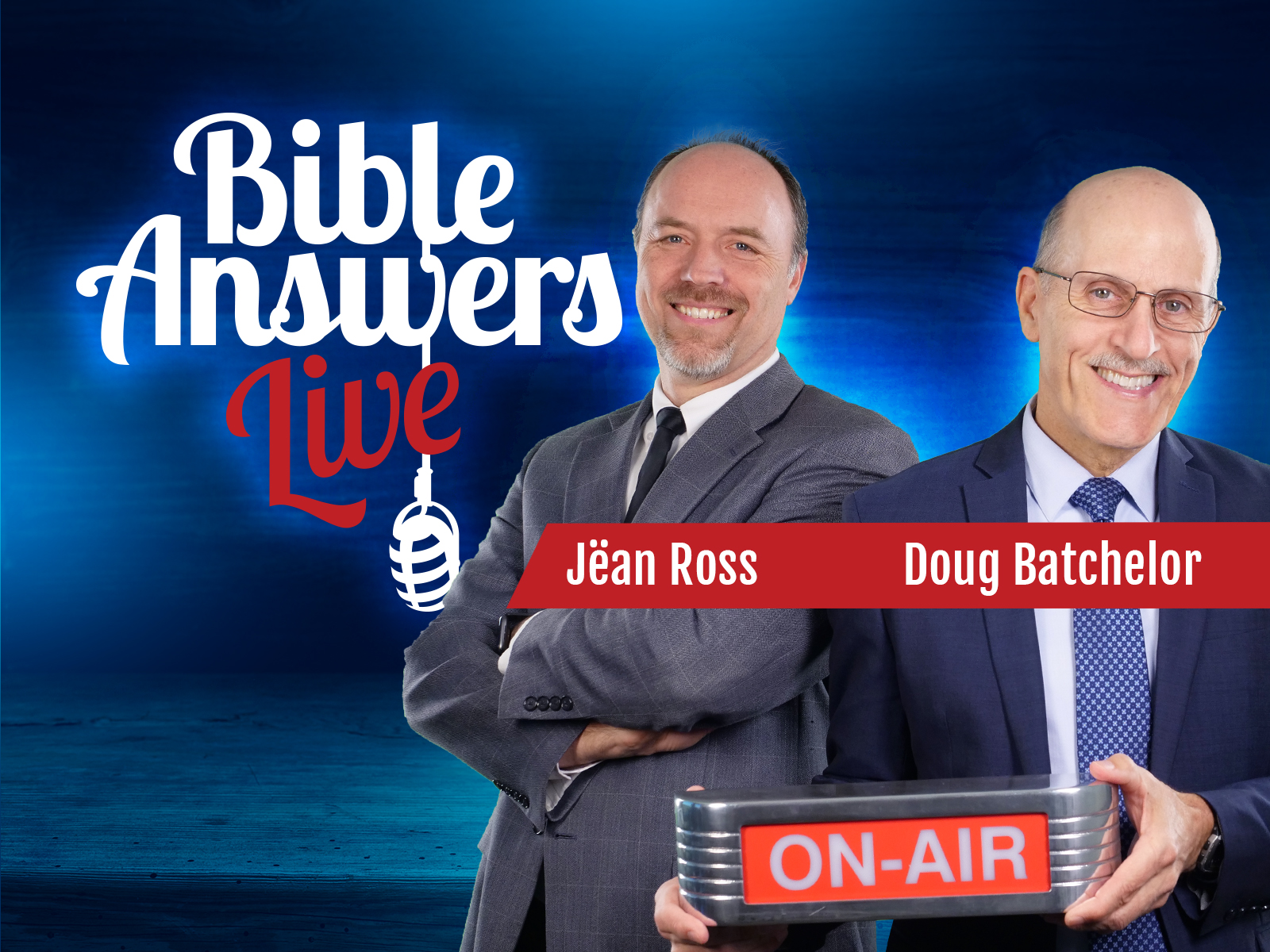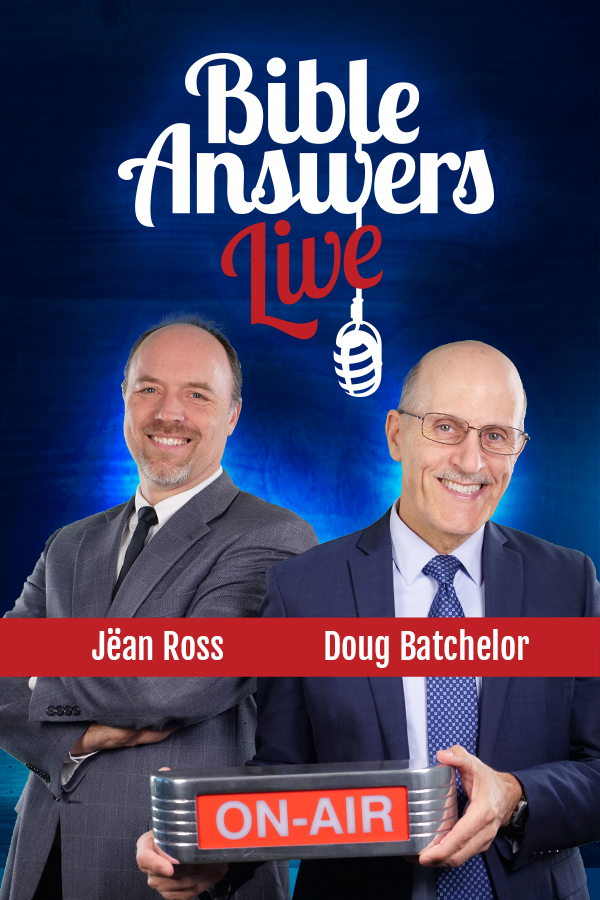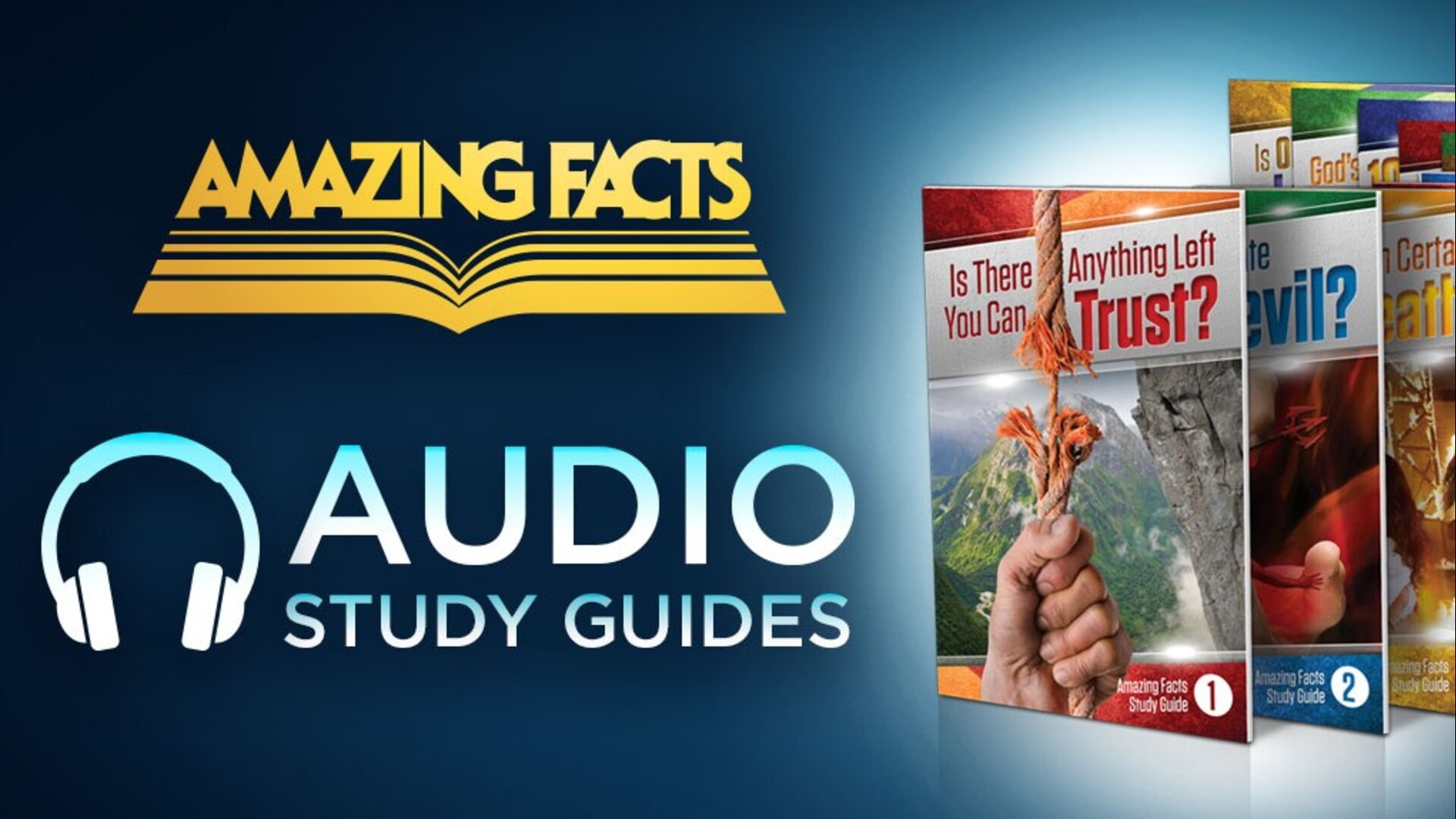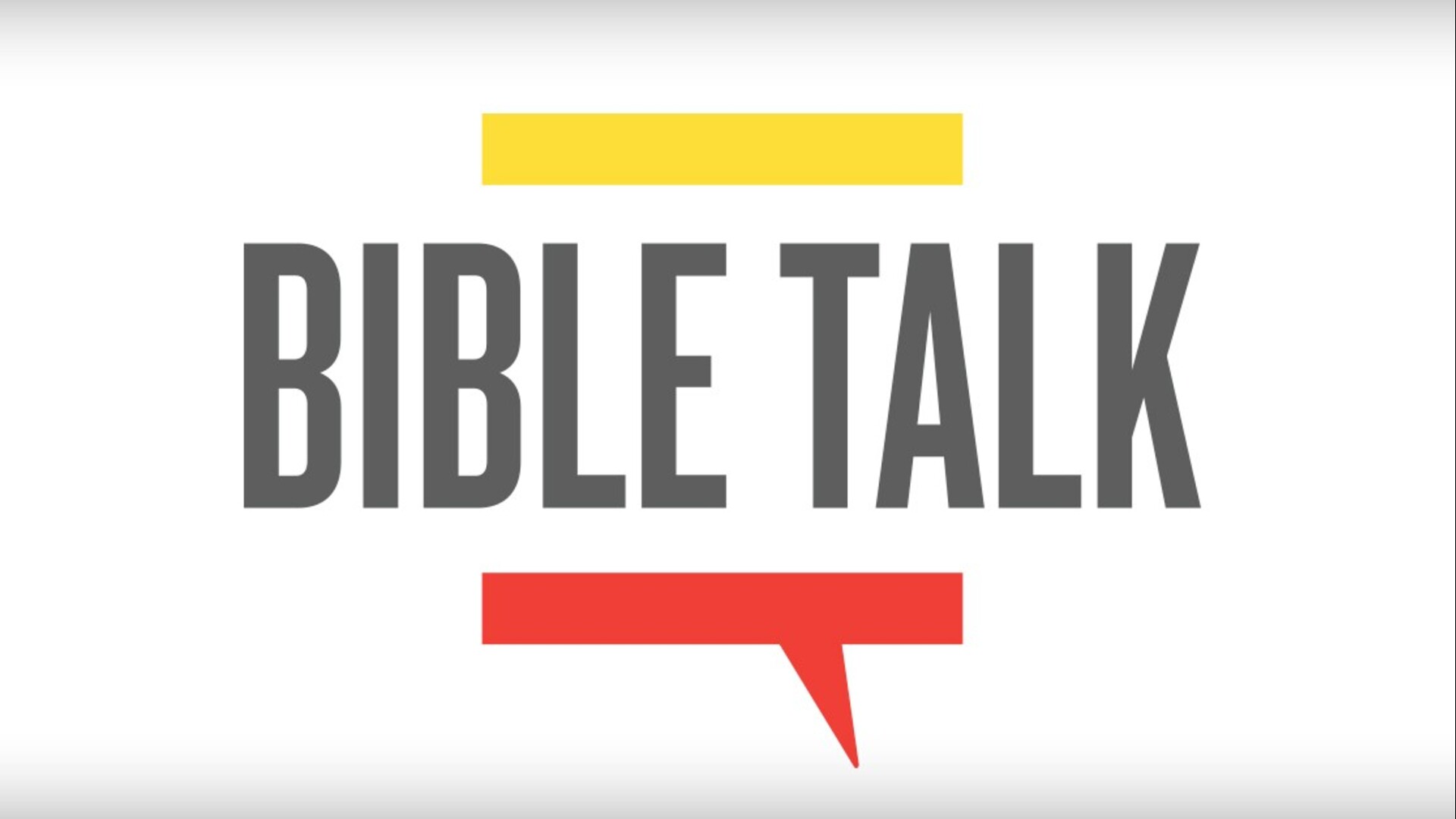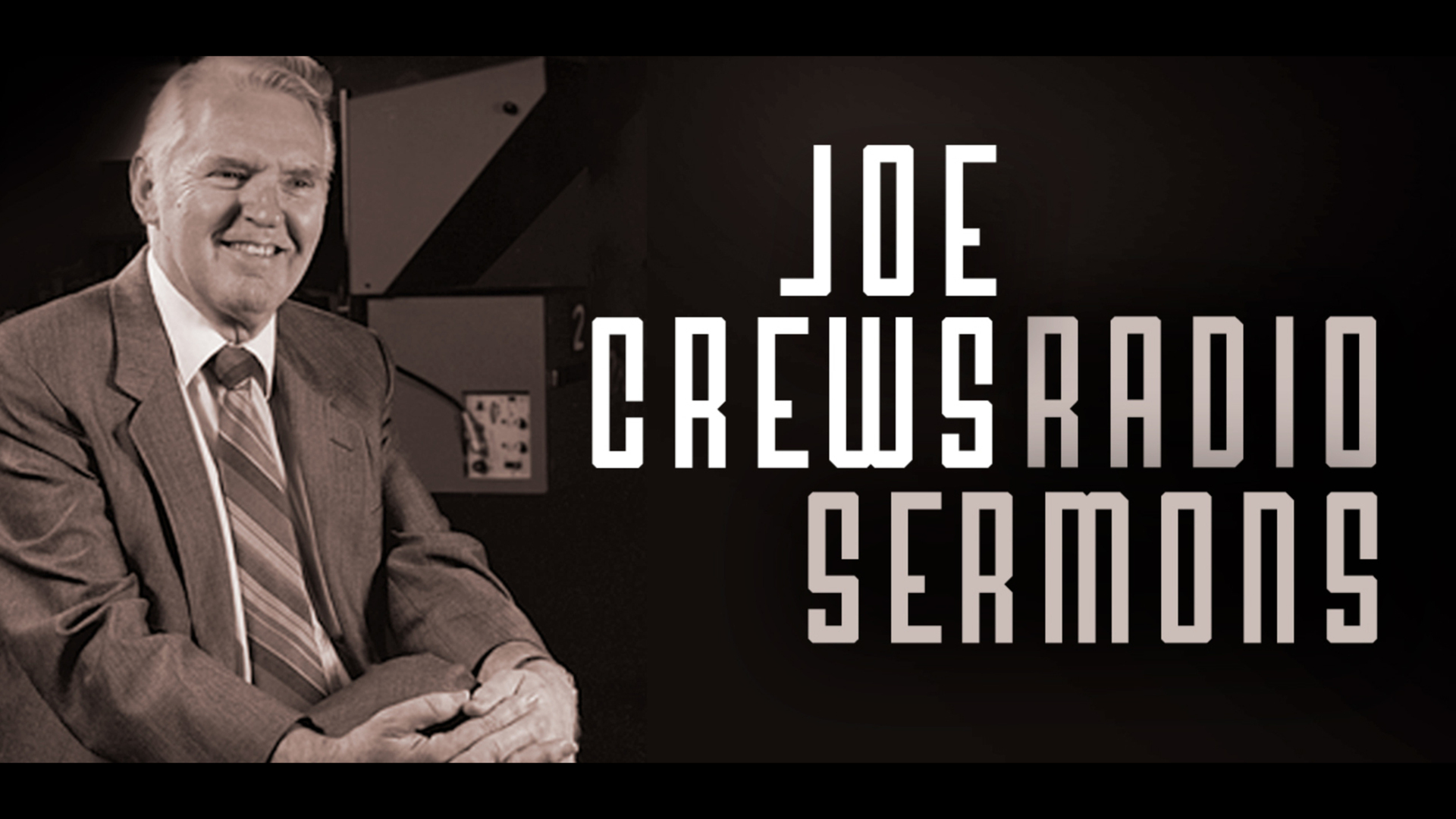Study guides, radio sermons, biblical discussions and more
Listen
Featured Audio
-

Did Jesus give Peter the keys to the kingdom of heaven?
In Matthew chapter 16 Jesus seems to give the keys to the kingdom of heaven…
-

The Ultimate Deliverance
It’s no fairytale—one day, you can be free from all the hurt, hunger, loneliness, crime,…
-

How to Talk to God, Pt. 1
One of the important parts of a deeper relationship with God is prayer. What is…
-

From Cover to Cover – Jesus in All the Bible, Pt. 1 – Abraham
From beginning to end, find Christ throughout the entire Bible ! In this episode, explore…
-

Translation of Elijah
This broadcast discusses the translation of Elijah into heaven and what the Bible says about…
Featured Audio Series
Listen to Amazing Facts Radio
Now you can enjoy listening to the everlasting gospel 24/7 through our Internet radio station. The Amazing Facts Radio stream is free and features more than 2,500 audio programs and clips. Night or day, just visit us here and seamlessly listen to Pastor Doug Batchelor and other featured speakers without having to turn knobs on your radio.

Christian Audiobooks
More Audio Series
Bible School
The world-renowned Amazing Facts Bible School will help you know God’s Word better than ever.

